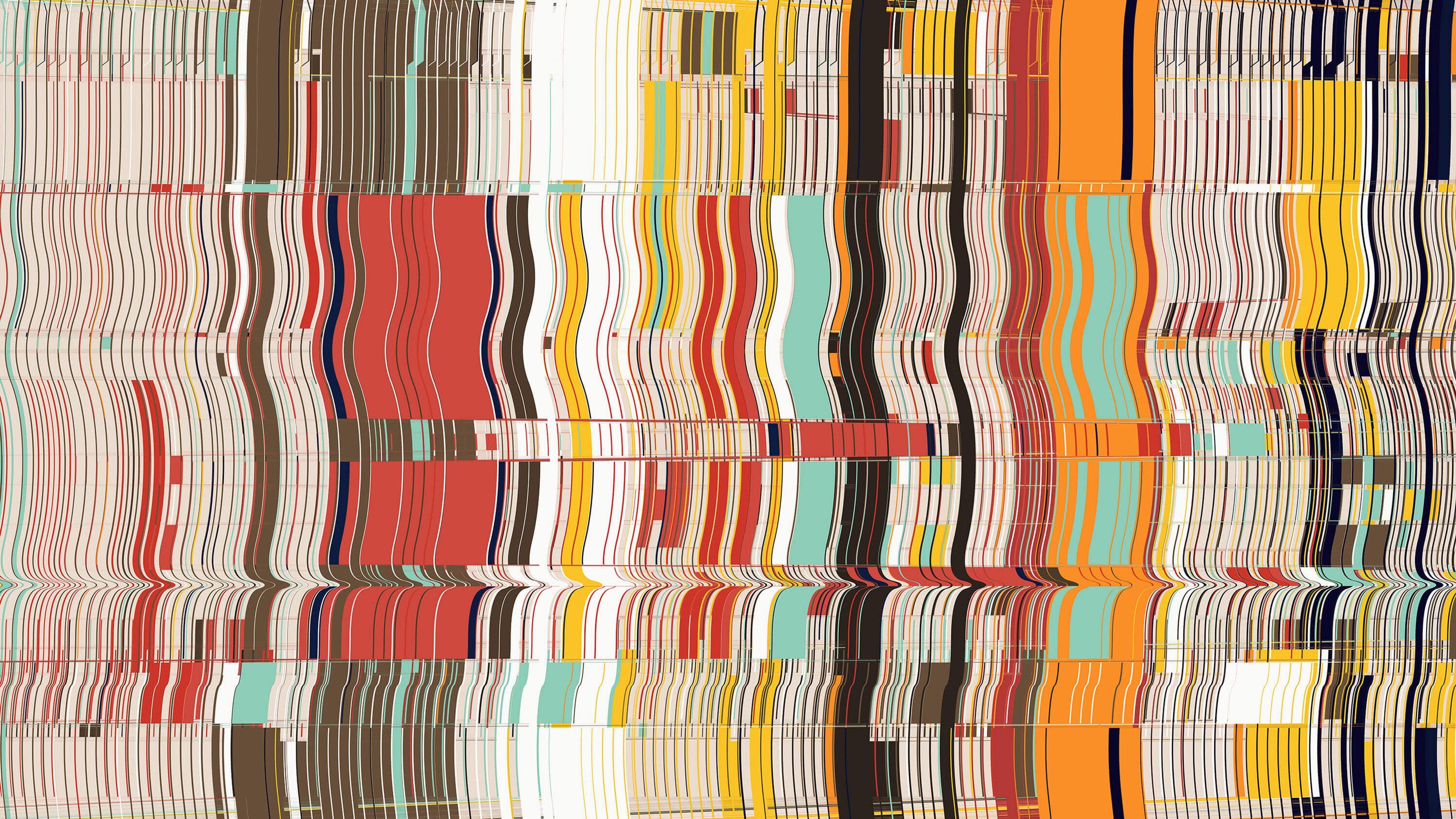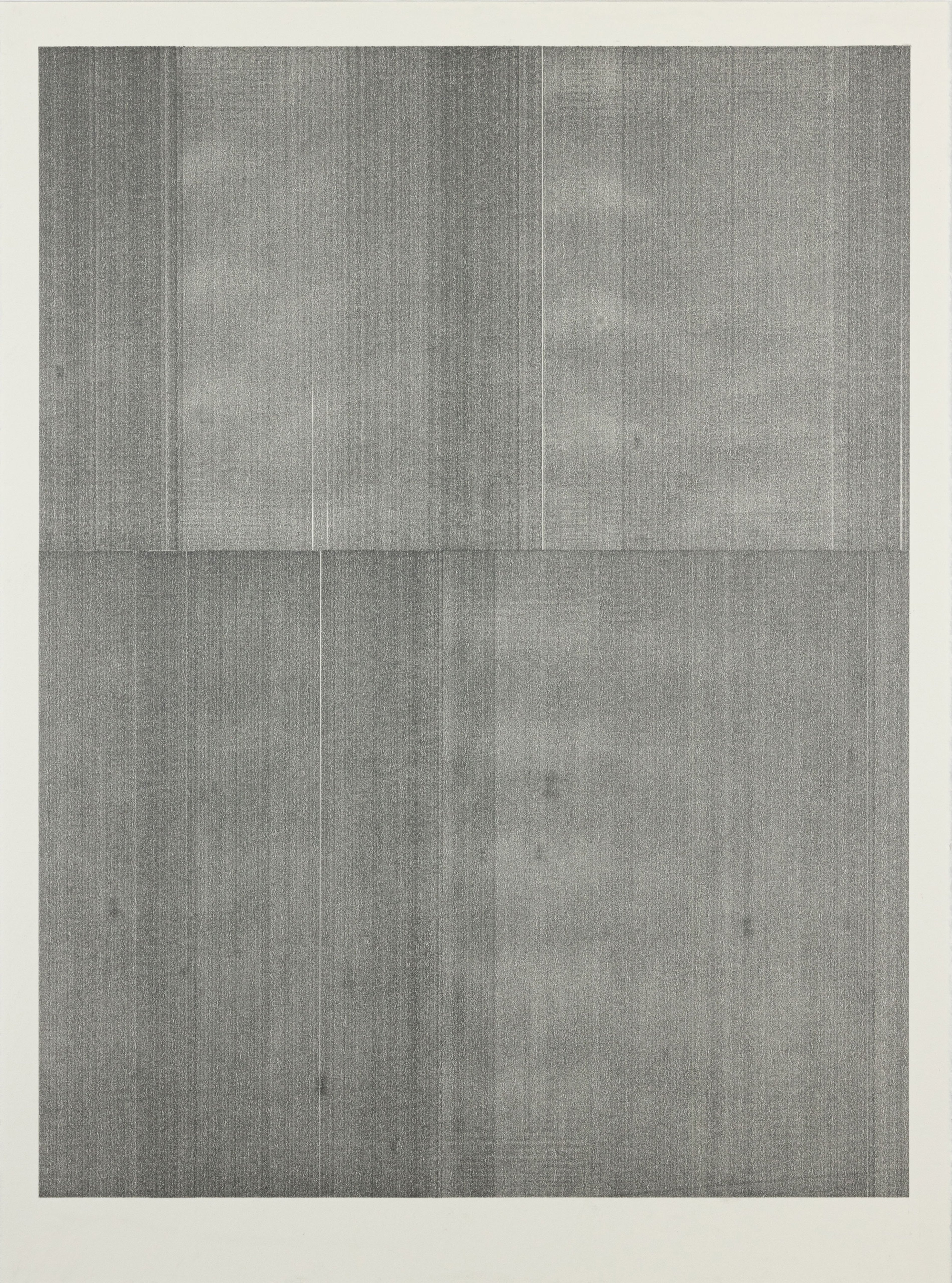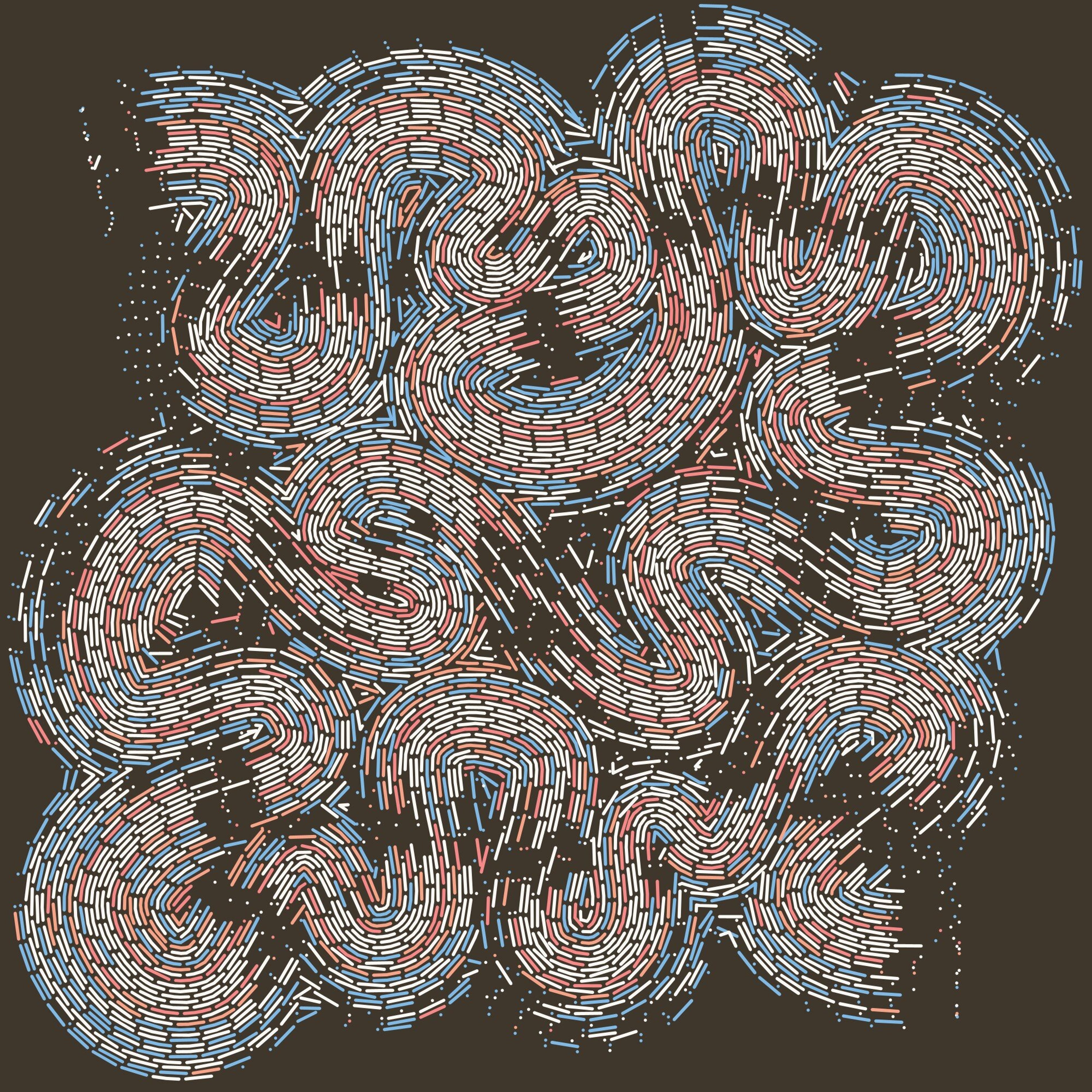Why Social Media is an Emotional Challenge for Artists

Social media presents emotional and mental challenges for contemporary artists. It is undeniably an important avenue for sharing your artwork and artistic process, almost essential if you are not already firmly established. Many artists are therefore forced into working with it if they have any commercial ambition. The variety of issues they face there can negatively impact their artistic practice, and even well being. I want to discuss some of those issues, which I myself have faced, and also talk a bit about potential improvements.
The Problems
First and foremost, the social media reactions to an artist's work can shift how they feel about their own work. This can be true even if the artist sincerely tries to disregard it. It is simply very, very difficult to ignore. I have experienced the feeling of being excited about a newly completed work and sharing it on social media, only to watch it elicit little to no response. This can sour, or at least dampen, your feelings about the quality of the work. When you are trying to establish your own path and vision as an artist, this kind of event makes that challenging. Of course, you might think, "isn't it better for the artist to know what their audience is responding to?" You might be right, but there are a few other problems to cover.
The signal that you do get back from social media is noisy. By that, I mean there's a lot of randomness mixed in. There are basic factors like what time of day you post, what else is going on that day, if it's a weekend, etc. On top of that, the algorithms that these sites use to determine what posts to show can greatly exaggerate whether a post does "well" or not. They are especially sensitive to how the first few people that see it react to it, and if those folks don't happen to dig it, then a lot of your audience may never even see the post. All together, this means you aren't even getting an accurate sense of whether your audience really likes something or not.
It gets more problematic than that for the artist. The speed of consumption in social media is extremely fast. With a near-limitless feed of content to look at, each post may only get a split second of attention from viewers before they decide if they like it or not. This means that quickly digestible work is strongly favored. Not every artist wants to make quickly digestible work, because some ideas just don't work that way. Additionally, other viewing contexts where the artwork might be seen tend to give the viewer a lot more time: museums, galleries, in a home, or even on the artist's website. So, works that don't do "well" on social media might still be very successful elsewhere.
To provide an example of that from my own work, consider this recent drawing, Fulfilling System 2. I consider it one of the most interesting, unusual, and meaningful works that I have created in quite some time:

Fulfilling System 2, 2020
However, this is definitely a “slow burn” work - it takes some time spent in careful observation and thought to pick out the things that make it so intriguing. This doesn’t set it up for success in the world of social media. By contrast, a colorful sketch like this one is more immediately digestible, and it performed much better on social media by comparison, despite being unfinished and (at least to me) not nearly as involved or meaningful:

A digital sketch from early 2020
As an artist, it can be confusing or frustrating to see quick sketches receiving more attention that what you consider your best work. That can be true even if you’re already familiar with the tendency for that to happen.
A final problem is that the feedback from the audience gets simplified down to roughly one single number of "likes". The first issue with a single-number "score" is that it's way too easy to mentally compare it to other work of your own or the work of other artists. The second issue is that it doesn't capture how much those people liked the work, or why they liked it. In general, it's better to have a few people love your work than to have many people simply like it. If you're trying to sell a work, you only need one single person to love it enough to collect it. And in terms of learning what people think about your work, conversations you have in real life about your work will absolutely blow away counts of likes. Of course, social media posts also come with comments, which are a little better. Sadly, these tend to play a secondary role, and also tend to be targeted by bots and spammers, or are so simple that they are effectively just "likes".

Waves, 2020
Moving Forward
So, what can we do to improve this? I'll admit it's a tough problem.
First, one thing I think artists can do for themselves is to leave a window of time between when a work is completed and when it's shared on social media. This allows the artist's opinion of the work to settle and become a little more firm before being subjected to outside influence. I think this is especially important when the artist is conducting new experiments that go off the beaten path. At times like those, it's especially good for the artist to focus on what they alone think about the work.
A second thing that artists can do for themselves is to remember to prioritize websites, newsletters, and in-person shows. All of these tend to give the artist more control. They also tend to generate healthier feedback, in the form of emails and in-person conversations. As viewers, we can be more slow and deliberate with how we view artwork, seeking out artists’ sites, perusing books, and visiting exhibitions, where we won’t get distracted by something else two seconds later.
One thing I think artists can do for themselves is leave a window of time between when a work is completed and when it's shared on social media... it's especially good for the artist to focus on what they alone think about the work.
Finally, I also think there is room for better tools and services to help artists with these challenges. I would love to see platforms that specialize on artwork without the focus on likes and follower counts. Something built around curation in particular would be wonderful.
I don't expect these challenges to go away any time soon, but I think it's important for artists and viewers alike to be aware of them and discuss them. Perhaps that awareness can be a small first step towards a more positive way to share artwork with the public.
–
From time to time, I write about my thoughts and artistic process. If you'd like to be notified the next time I publish an essay, sign up for my newsletter in the menu.